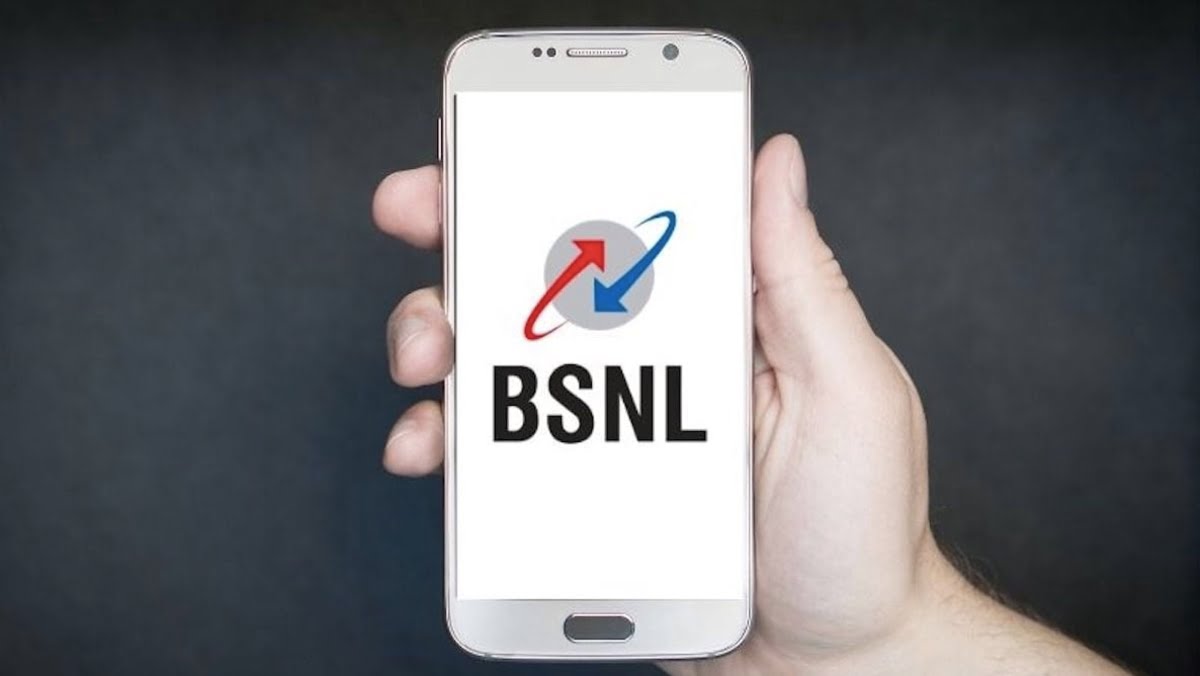
Bharat Sanchar Nigam Limited (BSNL) and Mahanagar Telephone Nigam Limited (MTNL) is going to be providing services in all the public departments of India now onwards. The central government has made it mandatory for all the public sector units and departments to use the services of BSNL and MTNL. This move by the central government will bring much-needed relief for the cash-strapped telcos. So now, the public departments can’t use services of other telecom companies within India except BSNL and MTNL, a report from Mint said. More on the story ahead.
No Other Telecom Companies Except BSNL and MTNL for Public Departments
As per a memorandum issued by the Department of Telecommunications (DoT), "The government of India has, inter-alia, approved the mandatory utilisation of capacities of BSNL and MTNL by all ministries/departments of the government of India, CPSEs, central autonomous bodies”.
There was a note from the Department of Expenditure accompanying the memorandum which stated that the decision of mandatorily using the services of BSNL and MTNL came from the cabinet. Every public department from now onwards will use the services of BSNL and MTNL only. Be it for landline, broadband/internet, or leased line services, the services must come from BSNL or MTNL only.
This decision would certainly benefit both BSNL and MTNL. BSNL registered a loss of Rs 15,500 crore, and MTNL registered a loss of Rs 3,694 crore in the FY 2019-20. The rising competition in the broadband industry of India has also put BSNL in a tough spot. BSNL had a broadband customer base of 2.9 crores in November 2008, and it came down to 80 lakh in July this year. As for MTNL, its fixed-line customer base of 35.4 lakh in November 2008 came down to 30.7 lakh in July this year.
Meanwhile, BSNL raised Rs 8,500 crore through sovereign guarantee bonds last month so that it could manage its operational expenses and expand its network services in the country. PK Purwar, Chairman and Managing Director of BSNL, has said that the telco is planning to raise another Rs 18,000 crore by monetising the assets within a year.















